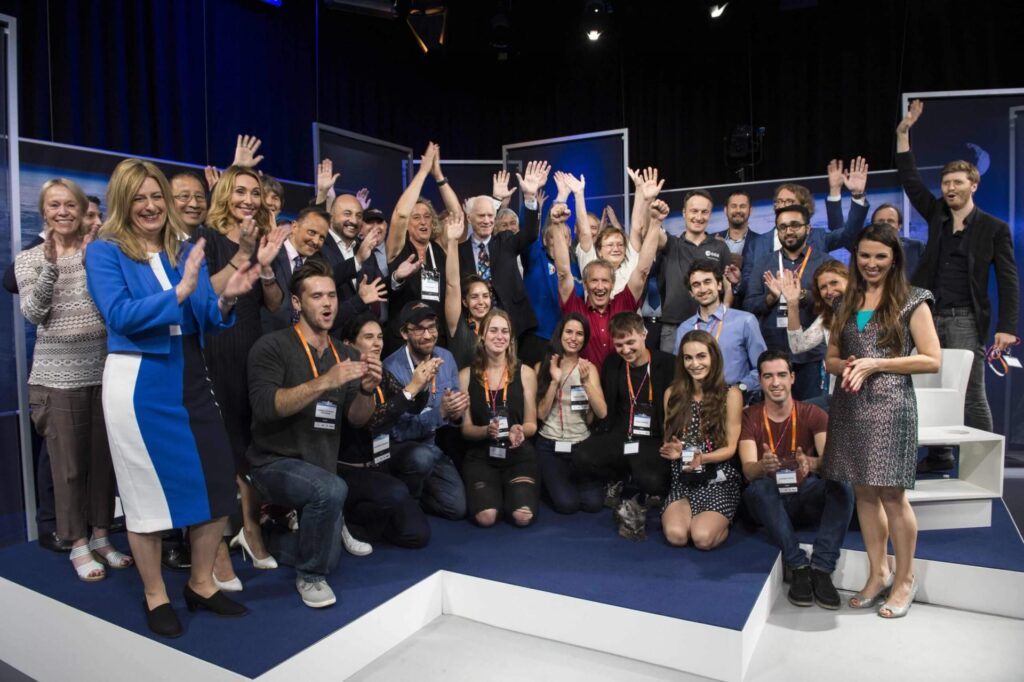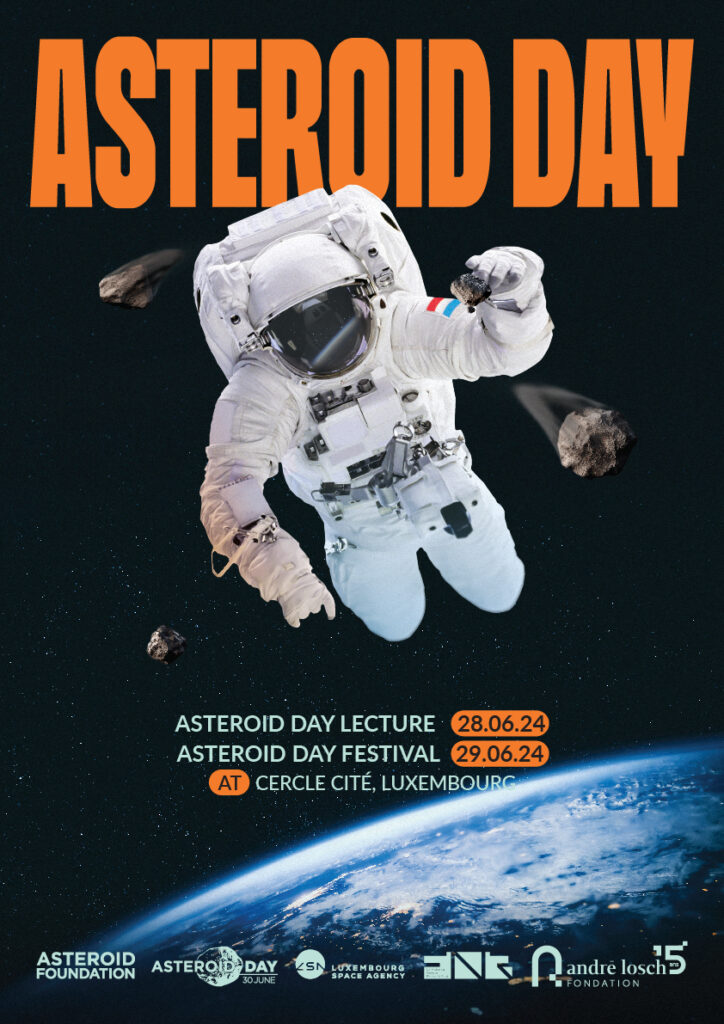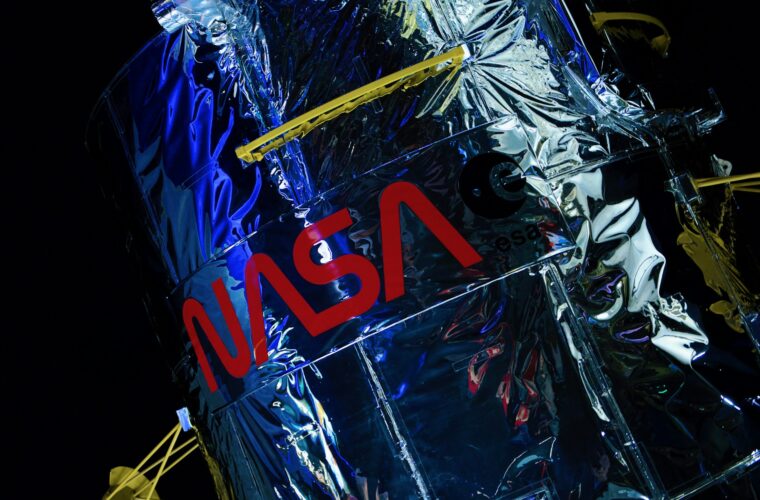Every year on June 30th, the world unites to observe Asteroid Day, a United Nations-sanctioned event dedicated to raising public awareness about the risks and opportunities associated with asteroids. This day is not just a calendar mark but a significant global initiative aimed at educating people about the role asteroids play in our solar system and the potential hazards they pose to Earth.
The genesis of Asteroid Day
This global event was co-founded by an extraordinary team: astrophysicist and Queen guitarist Dr. Brian May, Apollo 9 astronaut Rusty Schweickart, filmmaker Grig Richters, and B612 Foundation President Danica Remy. Their mission is to shed light on the critical importance of asteroids, from their contributions to the formation of our solar system to their potential in space resources and the necessity of planetary defence against future impacts.
The inspiration behind choosing June 30th lies in history. On this day in 1908, the Tunguska event occurred – the largest asteroid impact on Earth in recorded history, which flattened an estimated 80 million trees over an area of 2,150 square kilometers in Siberia, Russia. This catastrophic event underscores the importance of being prepared for similar potential threats.
The 100x Declaration: a call to action
To kickstart their educational endeavours, the founders launched the 100x Declaration in 2014. This petition called for increased public education on asteroids and urged governments worldwide to boost funding for asteroid discovery programs. The declaration has garnered support from hundreds of notable figures in science, technology, and business, including over 125 astronauts. The collective voice of this diverse community amplifies the urgency and importance of understanding and mitigating asteroid risks.
The UN’s endorsement and global recognition
In a significant milestone, the United Nations declared June 30th as International Asteroid Day in 2016, with the support of the Association of Space Explorers (ASE). The UN’s resolution emphasizes the need to observe this day globally to commemorate the Tunguska impact and to increase public consciousness about the asteroid impact hazard. This endorsement by the UN has elevated Asteroid Day to an internationally recognized event, bringing together nations, communities, and individuals in a united effort to understand and address asteroid threats.


Every year on June 30th, the world unites to observe Asteroid Day, a United Nations-sanctioned event dedicated to raising public awareness about the risks and opportunities associated with asteroids. This day is not just a calendar mark but a significant global initiative to educate people about the role asteroids play in our solar system and the potential hazards they pose to Earth.
The genesis of Asteroid Day
An extraordinary team co-founded this global event:
- Astrophysicist and Queen guitarist Dr Brian May
- Apollo 9 astronaut Rusty Schweickart
- Filmmaker Grig Richters
- B612 Foundation President Danica Remy
Their mission is to illuminate the critical importance of asteroids, from their contributions to the formation of our solar system to their potential in space resources and the necessity of planetary defence against future impacts.
The inspiration behind choosing June 30th lies in history. On this day in 1908, the Tunguska event occurred – the most considerable asteroid impact on Earth in recorded history, which flattened an estimated 80 million trees over an area of 2,150 square kilometres in Siberia, Russia. This catastrophic event underscores the importance of being prepared for similar potential threats.
The 100x Declaration: a call to action
The founders launched the 100x Declaration in 2014 to kickstart their educational endeavours. This petition called for increased public education on asteroids and urged governments worldwide to boost funding for asteroid discovery programs. The Declaration has garnered support from hundreds of notable scientific, technological, and business figures, including over 125 astronauts. The collective voice of this diverse community amplifies the urgency and importance of understanding and mitigating asteroid risks.
The UN’s endorsement and global recognition
In a significant milestone, the United Nations declared June 30th as International Asteroid Day in 2016, with the support of the Association of Space Explorers (ASE). The UN’s resolution emphasizes the need to observe this day globally to commemorate the Tunguska impact and to increase public consciousness about the asteroid impact hazard. This endorsement by the UN has elevated Asteroid Day to an internationally recognized event, bringing together nations, communities, and individuals in a united effort to understand and address asteroid threats.



